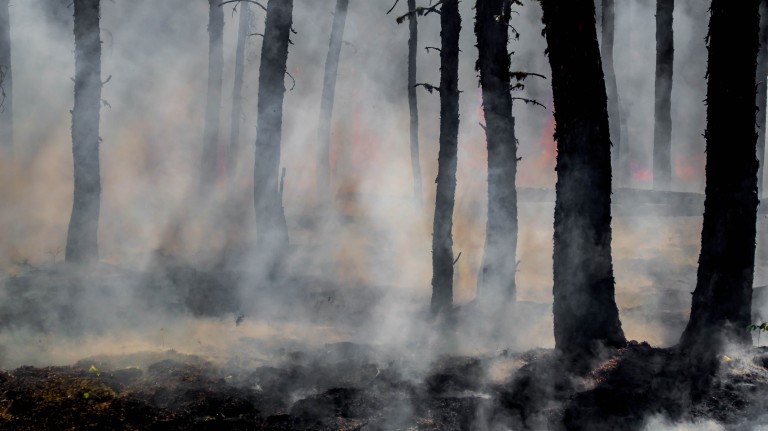
Nations are still pumping out more climate pollution despite their commitment to slashing emissions under the Paris climate agreement, according to the United Nations’ annual emissions gap report.
This means much “deeper and faster cuts” will be now needed to keep the planet from sailing past 2 ˚C of warming, the authors warn.
The numbers: Strong global economic growth drove up carbon dioxide emissions from energy use and industry by 2% in 2018, despite the increasing use of clean energy. That’s a record 37.5 billion metric tons, and there’s no sign these emissions will peak in the coming years, the report says.
Halting warming: We now need to take drastic action. To keep warming below 2 ˚C, the world will realistically have to cut emissions 25% by 2030. Preventing 1.5 ˚C of warming would require a 55% reduction, a goal many energy and climate experts think is beyond reach.
The planet has already warmed by about 1 ˚C since the start of the industrial era. Every additional half a degree from this point forward only locks in greater dangers, ensuring increasingly severe heat waves, droughts, wildfires, species loss, sea-level rise, and more.
Transformational action: Most nations will need to commit to much faster rates of emissions reductions than they’ve agreed to so far—and, of course, actually follow through on them.
“Incremental changes will not be enough and there is a need for rapid and transformational action,” the report concludes. SOURCE


